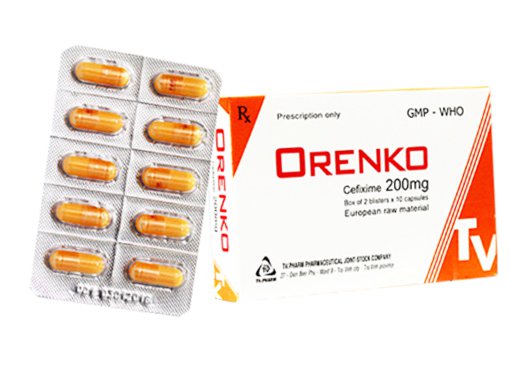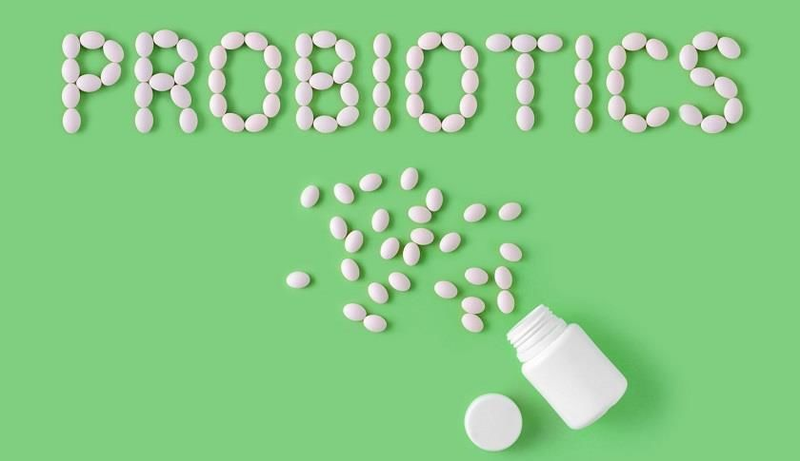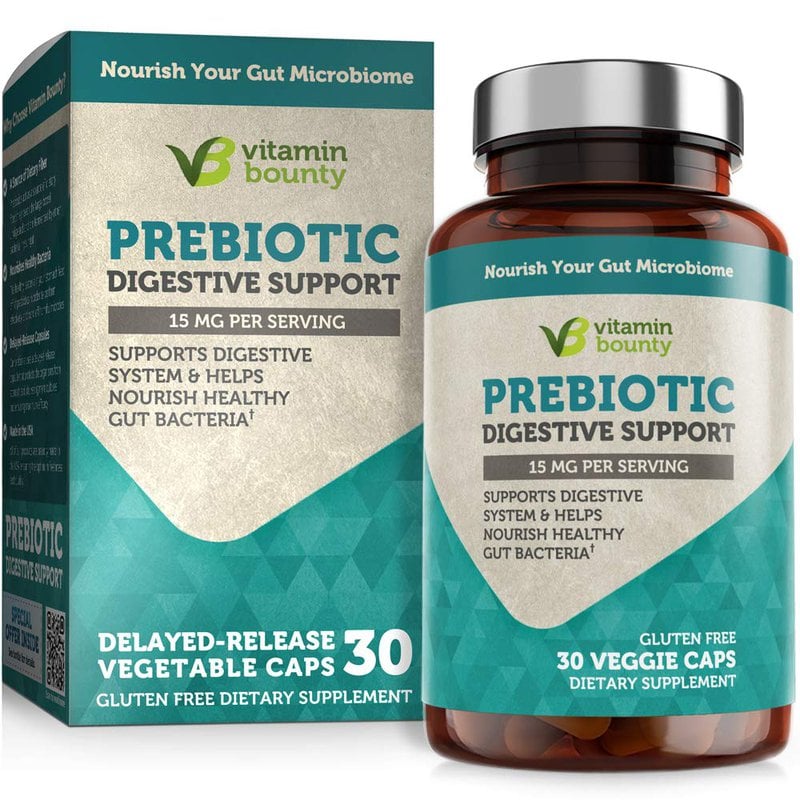Instructions for cleaning the vaginal area after vaginal birth
This is an automatically translated article.
Giving birth makes the mother's vagina hurt. The fetal head is usually about the size of a melon when passing through the birth canal will inevitably lead to pain and discomfort in the lower area. So, how to clean the private area after giving birth to ensure good health for the mother after giving birth.
1. What happens to a woman's vagina after giving birth?
After giving birth, the mother's vagina can tear due to the pressure of the baby's head. In fact, 95% of mothers who give birth for the first time have an episiotomy. You may need stitches, and depending on how large or small the tear is, the healing process can take anywhere from a few weeks to a few months. Movements such as coughing, sneezing, and having a bowel movement can cause discomfort. Vaginal itching after giving birth could indicate that your scar is healing.
Another unpleasant side effect of childbirth is prolapse - vaginal discharge of blood, mucus, and uterine tissue that usually lasts for six to eight weeks. The first day of discharge is bright red and has a strong odor, then gradually turns dark brown and finally yellow. It may produce a slight vaginal odor after delivery, but you should notify your doctor if there is an odor.
Swelling and dryness of the skin is also common due to hormonal changes. Your vagina will probably be back to normal within a few months, but some women say their vagina feels loose after giving birth - especially if they gave birth to a high-weight baby. However, sometimes, weak vaginal muscles can make you feel loose in the lower part and you can tighten the vagina with Kegel exercises.
Another unpleasant side effect of childbirth is prolapse - vaginal discharge of blood, mucus, and uterine tissue that usually lasts for six to eight weeks. The first day of discharge is bright red and has a strong odor, then gradually turns dark brown and finally yellow. It may produce a slight vaginal odor after delivery, but you should notify your doctor if there is an odor.
Swelling and dryness of the skin is also common due to hormonal changes. Your vagina will probably be back to normal within a few months, but some women say their vagina feels loose after giving birth - especially if they gave birth to a high-weight baby. However, sometimes, weak vaginal muscles can make you feel loose in the lower part and you can tighten the vagina with Kegel exercises.
2. Instructions for cleaning the private area after vaginal birth?
You already know you're going to have vaginal pain after giving birth. Vaginal pain may persist for days or weeks afterward. Below are 10 methods that mothers love to clean the private area after giving birth to help bring comfort to your private area. Remember that while they can be helpful, you should always consult a medical professional to be sure.
2.1 Sitz bath First-time mothers often experience a perineal tear (the area between the vulva and anus) during vaginal delivery. To relieve pain, fill a tub or basin of warm water with warm water. This increases blood flow to the area, helping to heal and repair tissues faster. You can soak in a clean tub or with a kit that many hospitals provide in the postpartum room. With this kit, you place a small, shallow basin on top of the toilet seat, fill it with warm water, and place it so that the vulva and perineum are submerged in the toilet. If showering in a large tub, fill it with 3 to 4 inches of water - just enough to cover your hips and buttocks, then sit down. When taking a sitz bath, soak for 20 minutes a few times per day. Note that the environment in the bath and the solution used for bathing must be clean to ensure hygiene for the intimate area.
2.1 Sitz bath First-time mothers often experience a perineal tear (the area between the vulva and anus) during vaginal delivery. To relieve pain, fill a tub or basin of warm water with warm water. This increases blood flow to the area, helping to heal and repair tissues faster. You can soak in a clean tub or with a kit that many hospitals provide in the postpartum room. With this kit, you place a small, shallow basin on top of the toilet seat, fill it with warm water, and place it so that the vulva and perineum are submerged in the toilet. If showering in a large tub, fill it with 3 to 4 inches of water - just enough to cover your hips and buttocks, then sit down. When taking a sitz bath, soak for 20 minutes a few times per day. Note that the environment in the bath and the solution used for bathing must be clean to ensure hygiene for the intimate area.
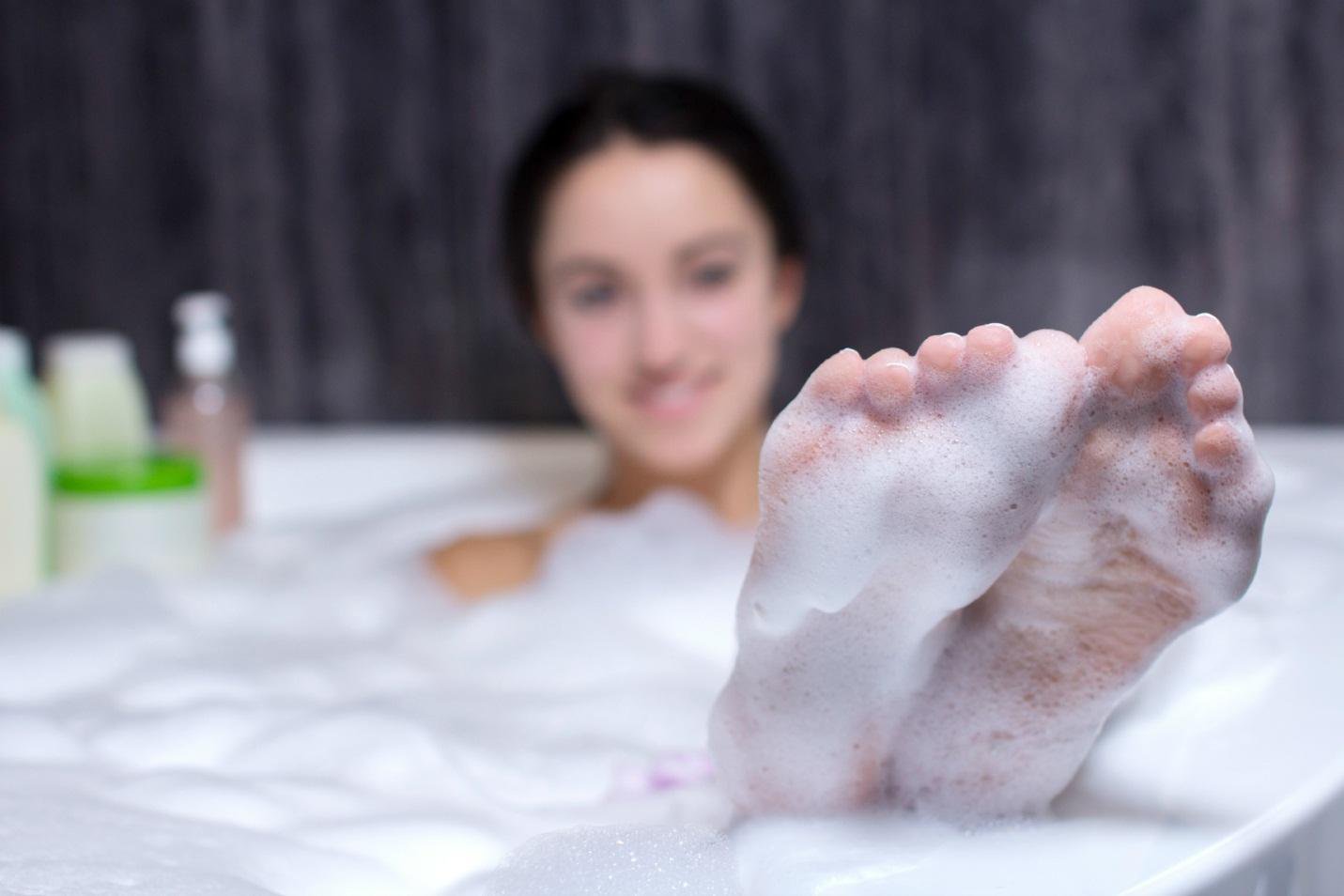
Bồn tắm ngồi giúp vệ sinh vùng kín sau sinh thường
2.2 Using a spray bottle Tear and swelling after giving birth make urinating uncomfortable. Postpartum women can seek support using a hand spray, peri bottle. In addition, warm water also soothes the delicate tissues in the intimate area. "However, avoid spraying water directly inside the vagina, or else it will cause more discomfort," notes Kelly Kasper, M.D., an obstetrician and gynecologist at Indiana University School of Medicine in Indianapolis. Flush more water after urinating to wash away blood and urine and limit your use of toilet paper.
2.3 Soothing Sprays: Lidocaine and Dermoplast Ashley Roman, M.D., assistant clinical professor, Department of Obstetrics and Gynecology at NYU Langone Medical Center, says: Over-the-counter Lidocaine spray may also help relieve pain caused by these conditions. wound or hemorrhoids. "Don't take hemorrhoids lightly, they can be shocking, especially if you've been constipated for a long time," she advises. If your hemorrhoids are so painful that you have trouble sitting down, you may need to be evaluated by a doctor. Postpartum women can also use Dermoplast Pain Relieving Spray, available at any drugstore, to mist the skin after using the bathroom or changing pads. This will cool and reduce discomfort in your painful intimate area.
2.4 Ice Addie says: “After my first son was born, the nurse gave me these large spacer-shaped disposable ice packs to tuck into his underwear. Hume Gamble, a grandmother mother of two in Agawam, Massachusetts Dr. Kasper recommends wrapping the ice pack in a towel or other soft, absorbent material and applying ice for 15 to 20 minutes every hour as needed to help with pain. give you a few packs before you go home otherwise you can buy them at a health facility or pharmacy.If not, this alternative midwife-recommended tip can be used: "Dump them" Fill the condom with water, tie the end and freeze to form an ice tube. Wrapped in a clean cotton t-shirt, it fits snugly against the perineum.” Plus, a bag of frozen peas also works to soothe your vagina after giving birth. pee, use a hand spray or soak your hips, stand or sit on your feet and keep the blow dryer away from your wet areas. “While this won't completely relieve postpartum vaginal pain, it can prevent pain from occurring, dry it out, and reduce the risk of pain,” says Dr. Kasper. If you have swelling and inflammation from childbirth or an episiotomy, avoid using towels or toilet paper." This also helps if you're prone to yeast infections - a problem that can often arise after giving birth because yeast thrives in humid environments.
2.6 Choose comfortable clothes You will feel more comfortable if you pack your own pillows, clothes, pajamas, and toothbrushes to bring to the delivery hospital. The disposable underwear that hospitals often provide to mothers after giving birth may not be beautiful, but will make the mother quite comfortable.
2.7 Over-the-counter pain reliever Ibuprofen is an excellent anti-inflammatory that helps stop bleeding after birth, relieve cramps, and relieve pain in the perineal area. Although it is probably safe to breastfeed, before using this medicine talk to your doctor or pharmacist.
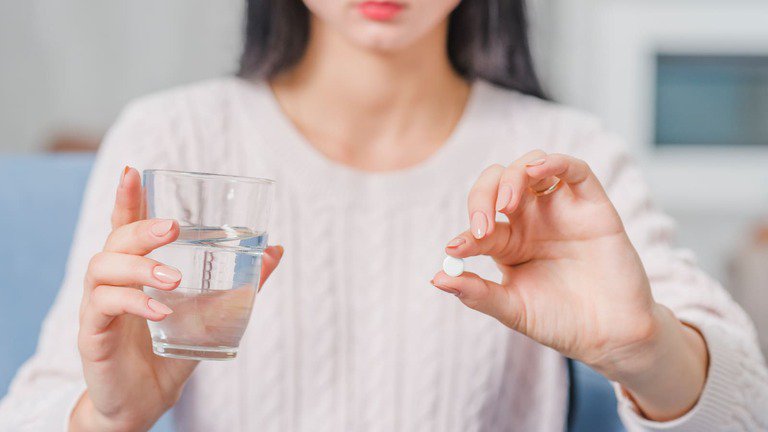
Ngoài việc vệ sinh vùng kín sau sinh thường bạn có thể dùng thuốc giảm đau
You can refer to the proper postpartum hygiene and apply to see a positive change.
Currently, Vinmec has deployed the Basic Gynecological Examination and Screening Package. This examination package can detect inflammatory diseases early, making treatment easy and inexpensive. When registering for the Basic Gynecological Examination and Screening Package, customers will receive:
Gynecological examination. Transvaginal ultrasound of the uterus and ovaries. Bilateral breast ultrasound. Tests such as: Treponema pallidum rapid test, Chlamydia rapid test, taking samples for cervical-vaginal cytology, bacterioscopic staining (female vaginal fluid), HPV genotype PCR automated system, total analysis Automated urine collection. Therefore, after giving birth, if you notice that your private area has a bad smell, itchiness or other unusual signs, you should go to a specialized medical facility for examination and appropriate indications.
Please dial HOTLINE for more information or register for an appointment HERE. Download MyVinmec app to make appointments faster and to manage your bookings easily.
Reference source: mayoclinic.org - webmd.com - parents.com
This article is written for readers from Sài Gòn, Hà Nội, Hồ Chí Minh, Phú Quốc, Nha Trang, Hạ Long, Hải Phòng, Đà Nẵng.


